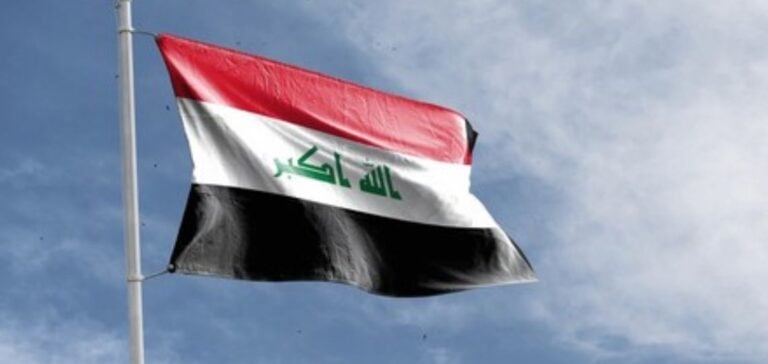According to preliminary April data obtained by S&P Global Commodity Insights from SOMO, Iraq’s crude oil exports fell by 10,000 barrels per day (b/d), or 0.3%, to 3.413 million b/d. This slight decline from March’s 3.423 million b/d comes against a backdrop of increased compliance with OPEC+ (Organization of the Petroleum Exporting Countries) mandated production cuts.
OPEC+ pressure and compliance
Iraq has been under constant pressure to reduce production in order to comply with OPEC+ production cuts. In January, February and March, the country exceeded its production ceiling by a cumulative 602,000 b/d, according to the OPEC secretariat. In March, production amounted to 4.28 million b/d, exceeding the quota of 4 million b/d. Iraq remains the least compliant member of the OPEC+ alliance.
Compensation strategies
Faced with these overruns, Iraq, in collaboration with Kazakhstan, has committed to “offsetting” the overproduction of their OPEC+ quotas by almost a million b/d since the start of the year, by adding further production cuts from May to December. This initiative, announced during briefings organized by the OPEC secretariat with secondary sources, including Platts, aims to restore balance to the global oil market.
Export details and regional impact
In April, 3.364 million b/d were shipped from Southern Gulf terminals, down slightly from 3.377 million b/d in March. In addition, exports through Turkey via the port of Ceyhan have remained suspended since March 2023, forcing many producers in the Kurdish region of northern Iraq to divert sales to local traders at greatly reduced prices.
Iraq’s oil export adjustments illustrate the complex challenges of adhering to OPEC+ quotas against a backdrop of geopolitical and economic tensions. These efforts are crucial to the stability of the global oil market, but they require significant sacrifices on the part of producers.






















